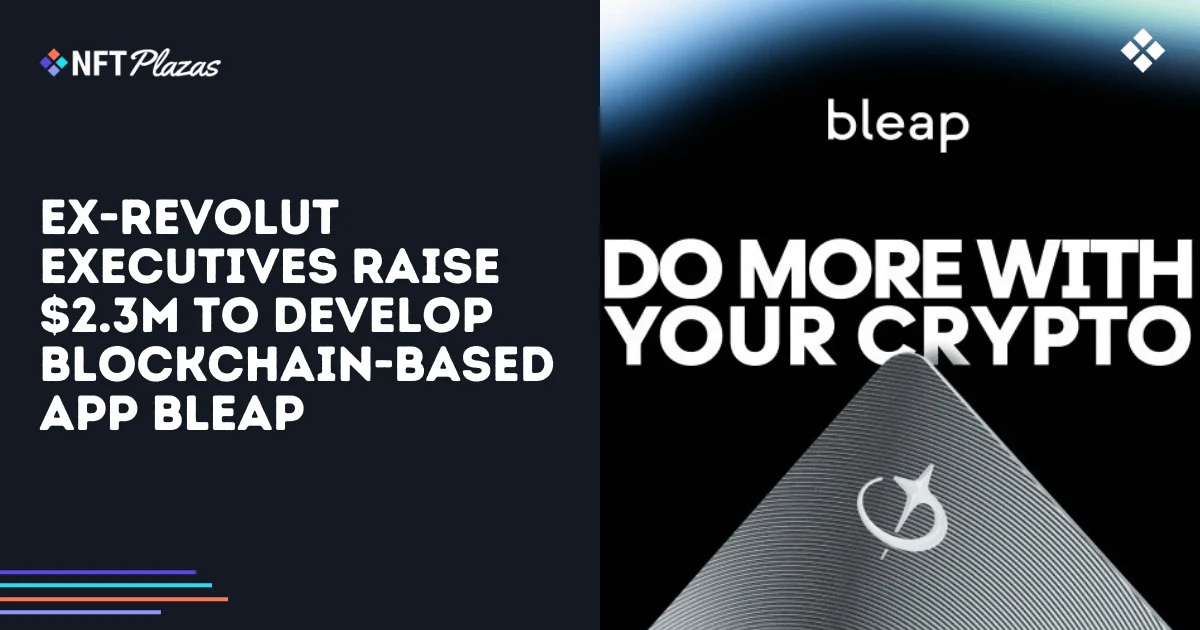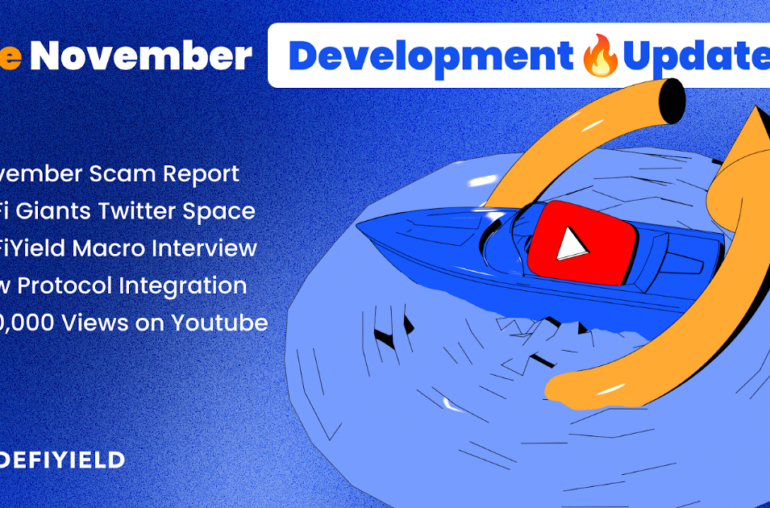Former Revolut executives Joao Alves and Guilherme Gomes have raised $2.3 million in pre-seed funding to launch Bleap, a blockchain-based banking application.By combining blockchain technology with banking services, Bleap aims to provide users with a self-custodial financial tool that allows seamless spending, saving, and transferring of stablecoins.The funding, led by Joe Lubin’s Ethereal Ventures, brings Bleap’s valuation to $10 million. Source: BleapWhat is Bleap?Bleap is a blockchain-enabled financial application that functions as a self-custodial “bank account” and is s registered as a Virtual Asset Service Provider (VASP) in Poland, aligning with the EU’s Markets in Crypto-Assets (MiCA) regulation.It enables users to hold, spend, and save stablecoins such as $USDC and $USDT through a Mastercard-linked debit card. The app eliminates the need for traditional conversion fees and offers additional features such as cashback and multi-currency account management.It also supports international transfers and integrates DeFi protocols to provide competitive savings rates. Source: BleapHow does it work?Bleap is built on Arbitrum, an Ethereum Layer 2 network that facilitates fast, gas-free transactions. Users create a Bleap account, which deploys a smart wallet using ERC-4337 account abstraction. This wallet supports stablecoins like $USDC, $USDT, $USDA, and $EURA.The app uses Multi-Party Computation (MPC) technology for secure wallet management. Instead of traditional seed phrases, wallet keys are encrypted and backed up in the cloud. If a user loses access, they can recover their account through two-factor authentication and a secure, encrypted backup.For payments, Bleap integrates with Mastercard, allowing users to spend stablecoins directly. Transactions are verified on-chain in real time, and stablecoins are converted to fiat for settlement, eliminating the need for pre-conversion and save users on exchange fees.The startup is currently in beta testing with select users in Europe and plans a broader public launch in early 2025.
Source link



